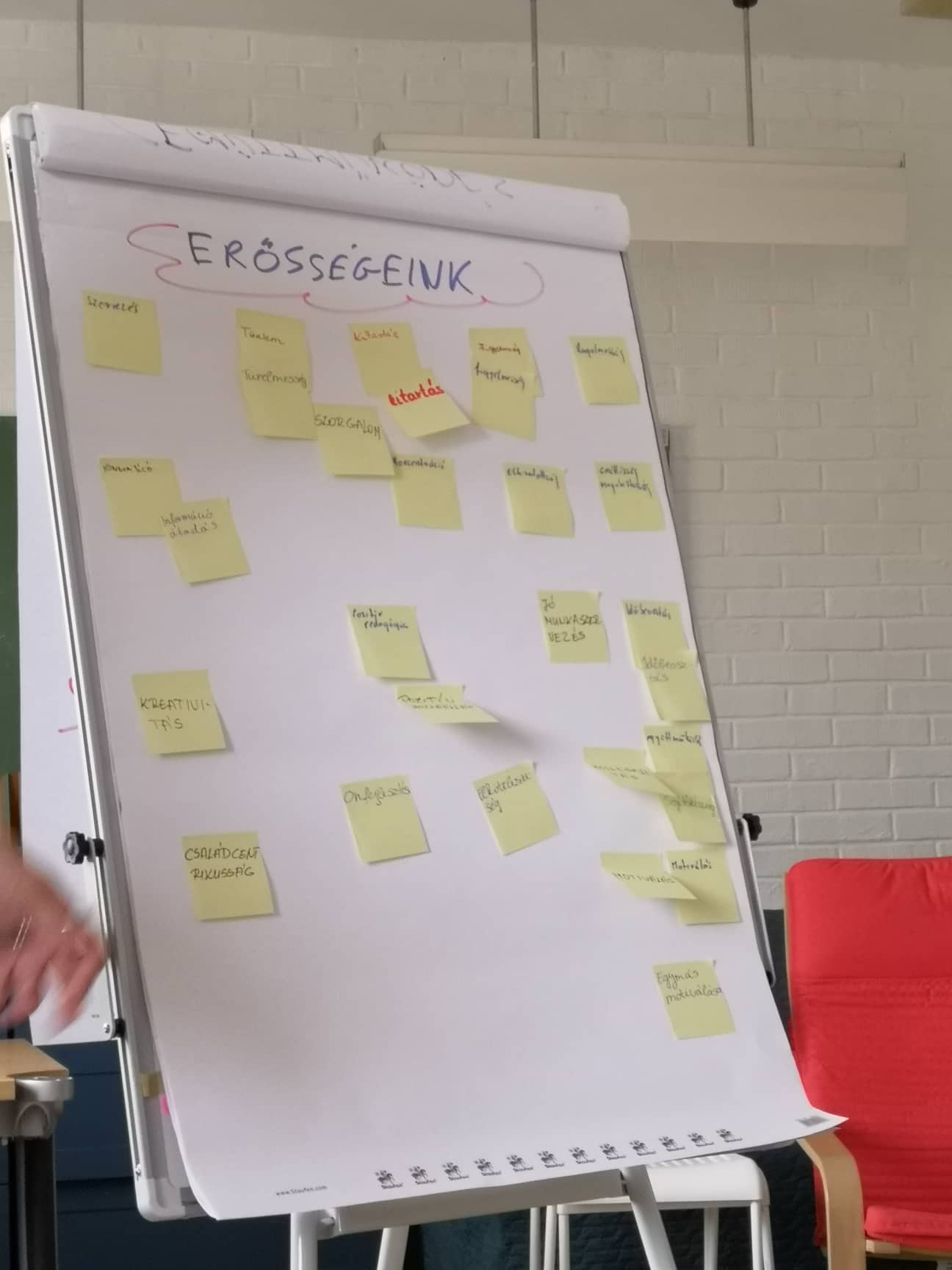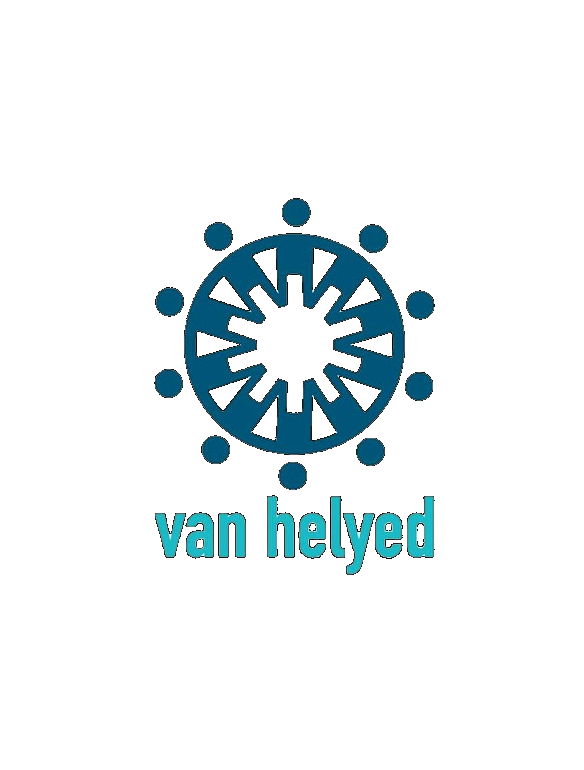
In the following, we have collected the techniques we have tried in the VHS.
- Observation exercise: let's start to observe different things than what we observed when we were still described the situation as a problem. So, start to observe, perceive and collect the signs that are already pointing towards the goal. With these experiments, we are trying to keep perception on the acting situations and our own opportunities to act, namely by putting the focus on the perception of the solution. During the discussion, we practiced how and in what situations we perceive improvement a lot - it is useful to continue these observations in everyday life.
So, if we think of the "client" as a self-organizing complex system, then we can abide by our own definition by not trying to control - do this, do that -, I don't tell them what they should do on the level of actions, but I rely on the power of their changed awareness in order for their self-organization and their own goal-oriented actions to be successful.
- Problem- vs. solution-oriented talk exercise: make pairs of a questioner and a responder.
Questioner: Think about an activity in your life you would like to change.
"During problem-oriented discussion" the questioner uses questions such as:
-What is the problem? What is wrong in what you are doing?
-What are exactly the details that you are doing wrong? And what else?
-Whart is stopping you from reaching your goal?
-What would be the main reason of your struggling?
-Who are responsible in this situation?
-What other factors are there that are making this situation more difficult?
-Why will it be difficult to change in a good direction?
During "solution-oriented discussion" the questioner uses these questions:
-What would you like to achieve?
-What kind of deeper value does reaching your goal give you?
-How would it be like if everything was going perfectly? (What would it look like?)
-What is it that you are already doing well? And what else?
-What sub-goals have you reached already in this?
-What was the best achievement you reached/thing you did in the past?
-What did you do exceptionally well when that happened?
-What exact, small steps could you make in the near future learning from past successes?
-How would the people around you recognize that you have changed in a positive way?
-What are you like when you are in your best shape?
- Phases of the discussion
CHILD BRIEF COACHING questions
- Start, settling in:
"What are your wildest hopes from this meeting?"
"What would tell you that this was useful?"
"How would your parents know that this was an useful discussion?" (child)
"How would your friends know that this was an useful discussion?" (teenager)
- The future we are aiming for:
"Let's say ... when you go home tonight, you do your usual things, drink a tea? ... play? ... do your homework? ... play computer games? ... then you sleep. While you're sleeping... a miracle happens and your wildest hopes come true (those the child stated) ... but you don't know that this miracle happened, because you were sleeping! When you wake up ... what will be the first small signs that this miracle happened. What do you notice when you open your eyes, (... when you are going to school ... when you arrive to school)? What effect would this miraculous situation would have on you (your parents, your friends, etc.)"
- Past accomplishments, working precursors:
"Tell me about a previous time when you have succeeded in something, even just a little thing about what you told me about your wildest dreams (you made friends, got a good mark, etc.)"
"How did you achieve that?"
- Resources
"Tell me 5 (3, 10, 15 etc.) things where you are satisfied with what you did."
"What could you rely on in this situation?"
"What else can you rely on?"
- Scale, small steps forward:
"Where would you put yourself on a 1-10 scale, where 10 is (whatever the child said/drew in their wildest dreams)?"
"Where would your friend (parent, teacher, etc.) put you on this scale?"
"What would you notice when you make a step forward? And what else?"
"What would your friend (parent, teacher, etc.) notice when you make a step forward?"
6 Ending:
"I noticed that ... (we should say a compliment that is connected to the child's wildest dreams) It's already useful that you are doing ... (talk about why is it useful). How are things different compared to the beginning of the session? Is there any thought (concept) you will carry on from the session?"


